If you are in desperate need of cash and you don’t have any money in your checking account to withdraw from, the cash advance feature on your credit card seems like a logical solution. It is extremely convenient to go into any ATM, punch in your PIN, and get the money you need. Here’s why that seemingly logical convenient solution is actually a very bad idea.

Luis Molinero/shutterstock.com
What Is A Cash Advance On Your Credit Card?
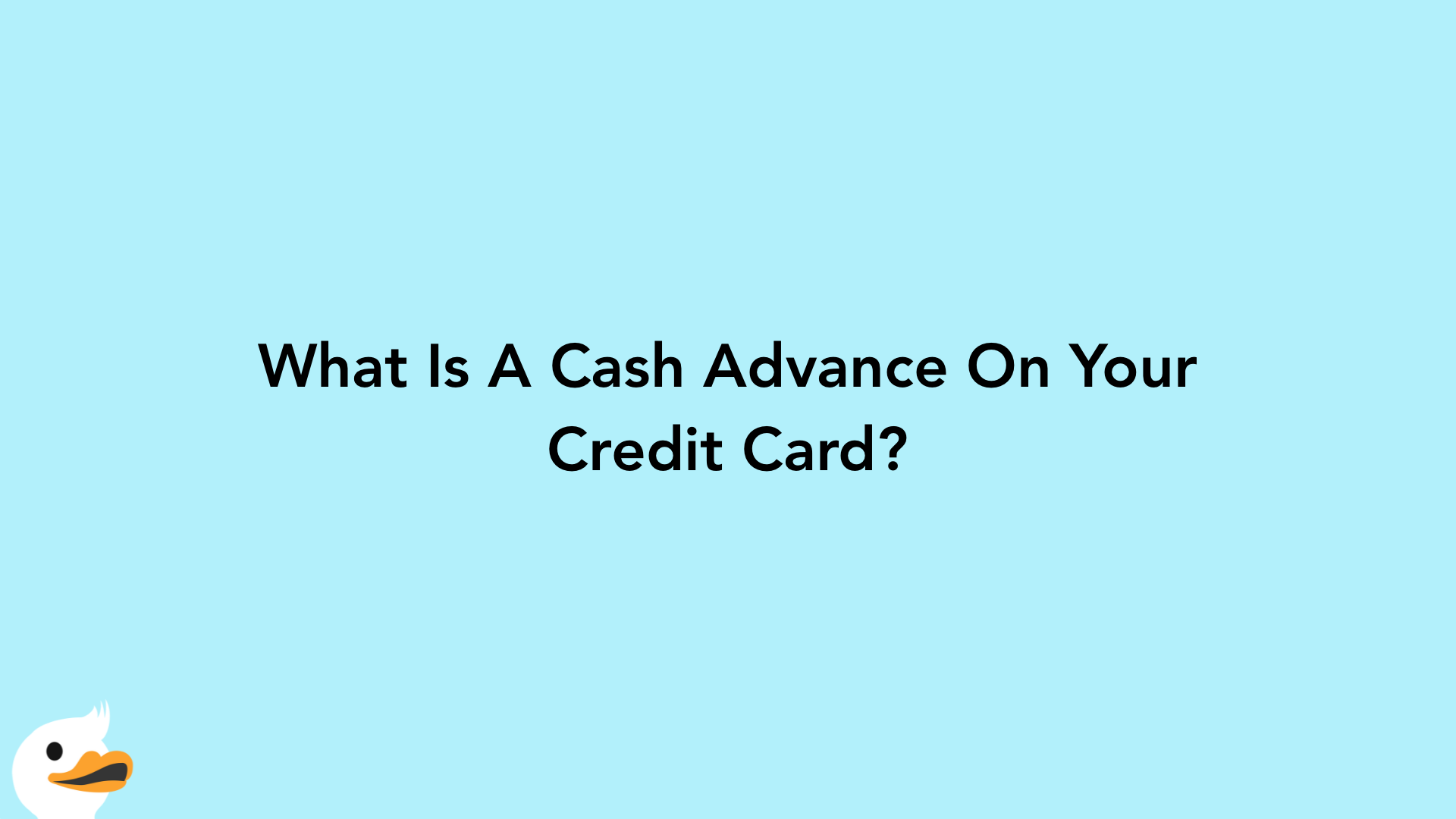
A cash advance is a short-term cash loan that is taken against the credit line of your credit card. However, this convenience comes at a cost. There are always hefty fees attached to each cash advance transaction.
What fees?
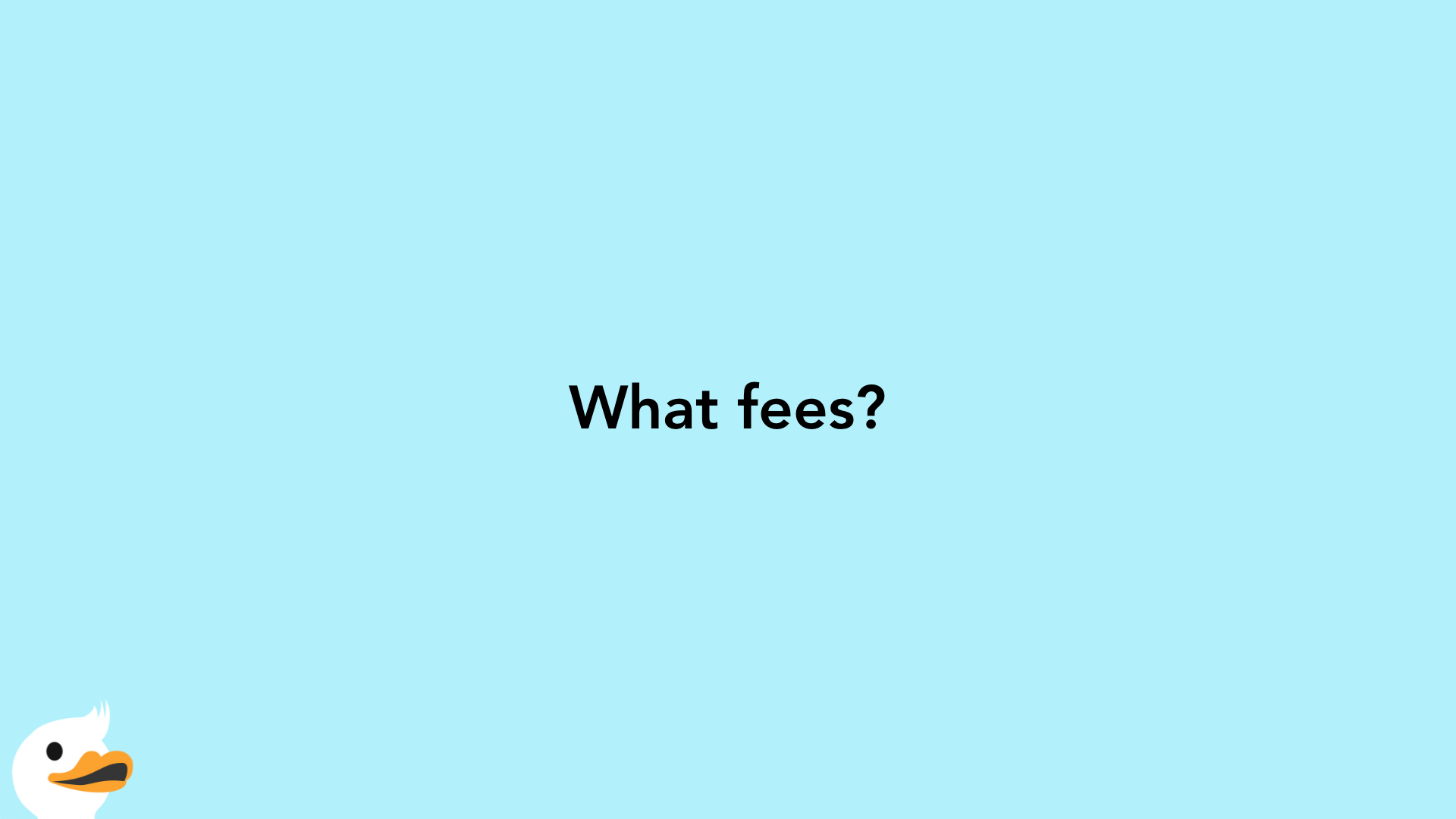
Cash Advance Fees
The first fee is the cash advance fee that is imposed by your card issuer. Some cards can charge a flat rate per cash advance transaction, where other cards charge a percentage of the withdrawal amount. For example, the Standard Chartered Unlimited Cashback Credit Card charges 6% of the withdrawal amount or S$15, whichever is higher.
ATM or Bank Fees
The next fee is imposed by the financial institution that you are withdrawing from. In other words, the owner of the ATM or the bank may charge you a fee for doing a cash advance withdrawal.
Interest
The interest that is charged on cash advances is two-fold. You may be familiar with the interest that your credit card charges if you do not pay your bill in full and on time. However, the cash advance interest is always higher. For example, for the Standard Chartered Unlimited Cashback Credit Card, the Effective Interest Rate for purchases is 26.9% per annum. However, for cash advances on this card, the interest rate increases to 28.1% per annum. Secondly, interest is incurred on a daily basis. This means instead of the interest compounding monthly, it is now compounded daily with no grace period. This means that you may still end up owing interest even if you pay back the amount you borrow the next day.
Foreign Exchange Fee and Currency Conversion Fees
If you are using an ATM in a foreign country to make a cash advance withdrawal, you could also face a foreign exchange fee. A Foreign Exchange fee (FX), also known as a foreign transaction fee, is charged on any credit card transactions that occur outside the country where the card was issued. It is automatically charged by the financial institution that handles the transaction, or the ATM or the bank that you are withdrawing from. The currency conversion fee is also known as Dynamic Currency Conversion or DCC. This is a fee charged by the overseas merchant to convert transactions into your home country’s currency. Unfortunately, this fee is sometimes charged for cash withdrawals at ATM’s as well. Furthermore, it is possible to be charged with both fees on the same transaction.
Are There Alternatives To Cash Advances?
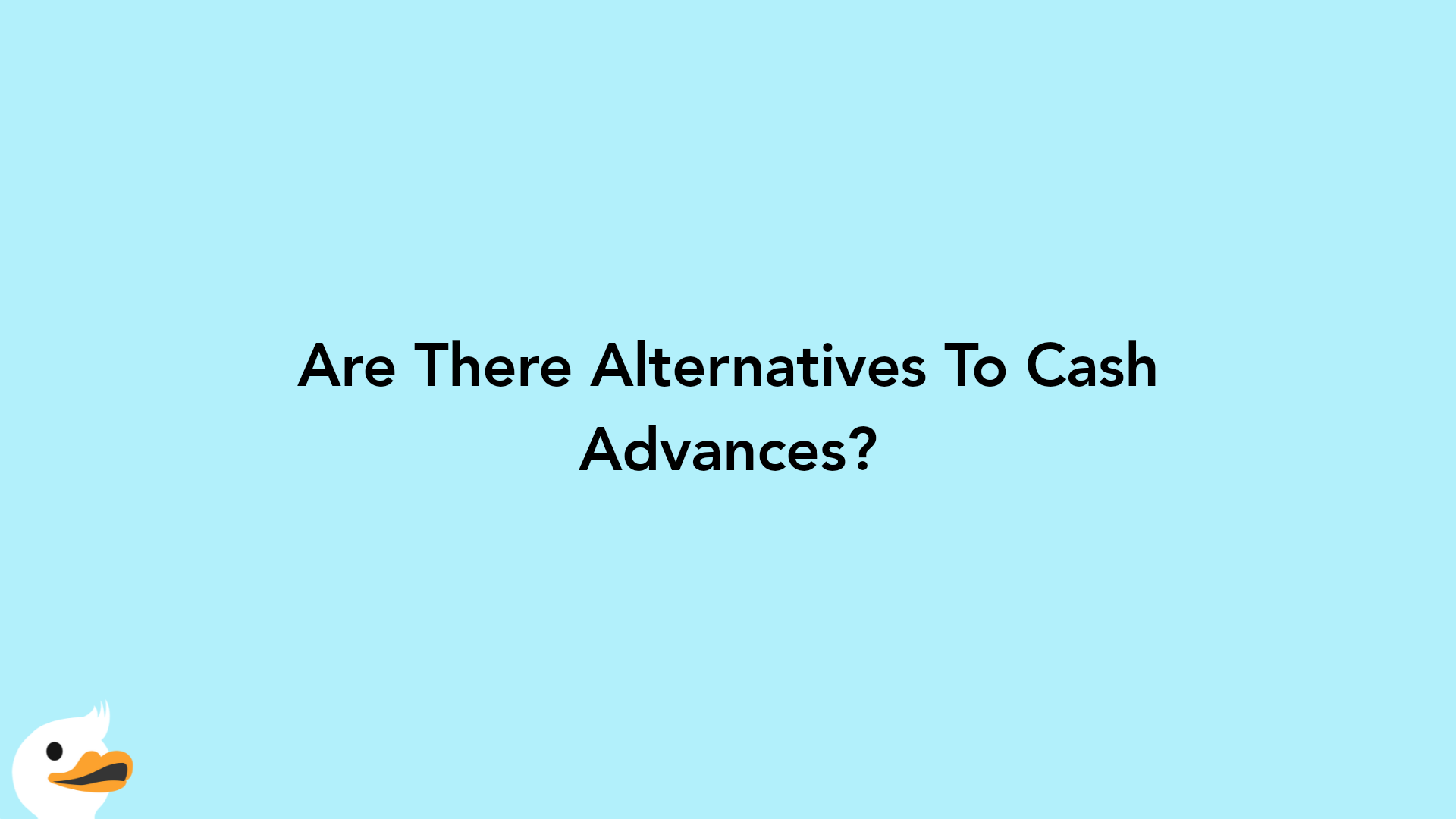
Instead of a credit card cash advance, you may consider applying for a personal credit line or a personal loan. A personal line of credit is similar to a credit card in the sense that all the funds are not distributed at once. You only withdraw what you need and only pay interest on the outstanding amount. Personal lines of credit are easier to apply for but come with high interest rates. These are ideal for emergency situations and are often used to supplement irregular incomes, especially when you do not know exactly how much you need at the moment.
A personal loan is a lump sum or a fixed amount of funds from a lender. It is a one-time use amount that usually does not require collateral. You would make regular fixed monthly repayments over a fixed period of time. Of course, you would pay interest on the entire loan amount. Fortunately, the interest rate is usually lower than a personal line of credit. However, the application process for a personal loan is more difficult. These personal loans are ideal for paying down large bills or for financing a large future purchase.
One final option is to overdraw your checking account. If you are truly in need of cash but a personal line of credit or a personal loan is out of the option, say for example you are in a foreign country, you may overdraw your checking account with your debit card and pay the overdraft fee. This fee varies with the bank that you use.
Final Thoughts

A cash advance on your credit card is almost always a bad idea. You end up paying a great deal more after all fees incurred and the daily compounded interest. It may seem convenient because it follows the same procedure as your debit card and does not require an application process. However, you will literally pay for it, even if you return the cash advance the next day. Instead, besides the obvious and awkward option of borrowing money from family and friends, consider a personal line of credit or a personal loan. Both options require you to pay interest, do not come with an annual fee, and involve some type of credit evaluation to determine your eligibility and interest rate. Of course, the application process takes some work and a bit more time. Finally, you can simply choose to swallow the overdraft fee and simply overdraw your checking account, if that is your last choice before a cash advance.
If you are feeling a bit overwhelmed and financially trapped, you may consider reevaluating your spending habits and how you manage your finances. This may be an indicator of a larger problem that may snowball into debt. Of course, life happens. Weigh your options so that you spend the least amount on interest and get back on your financial feet quickly.






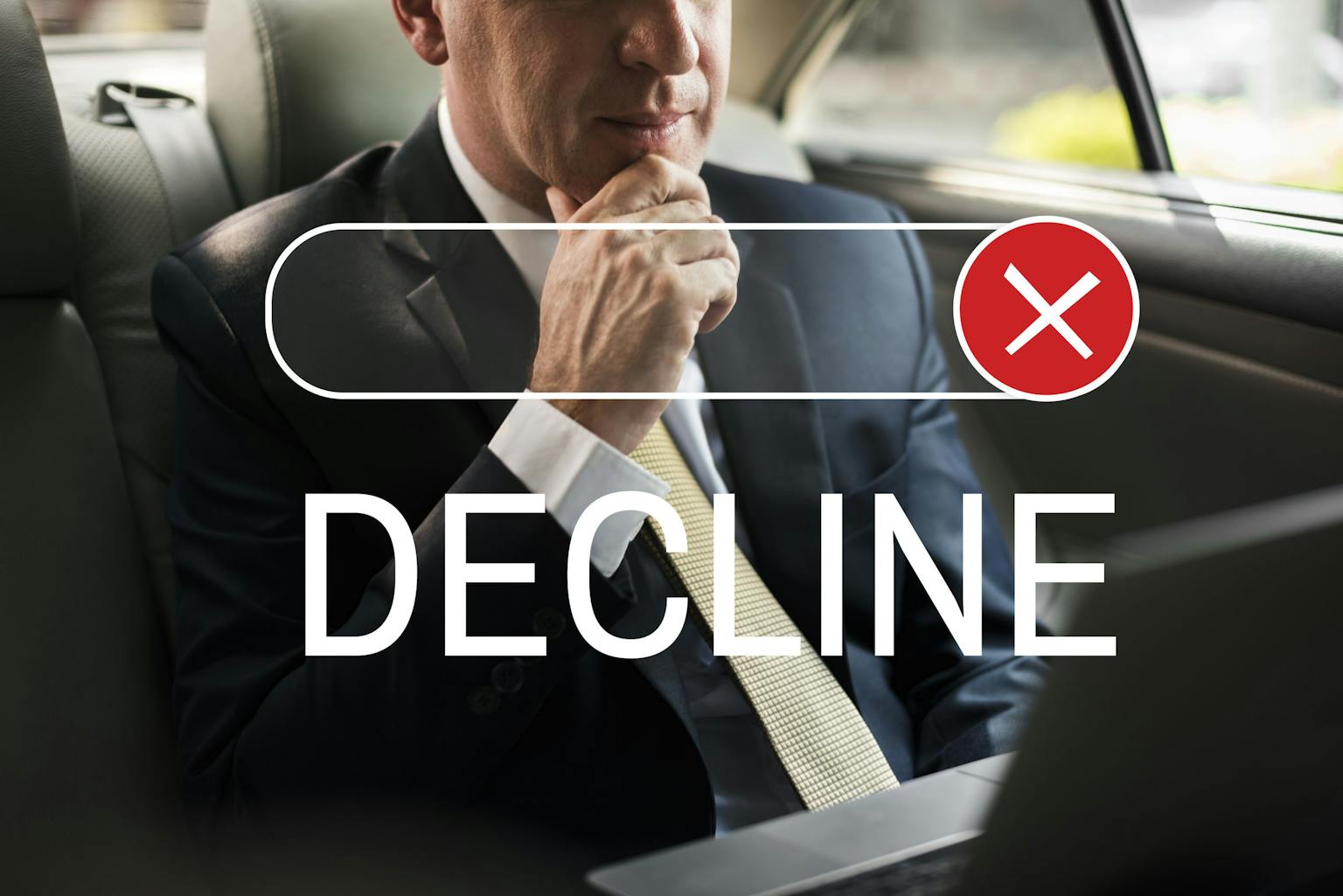
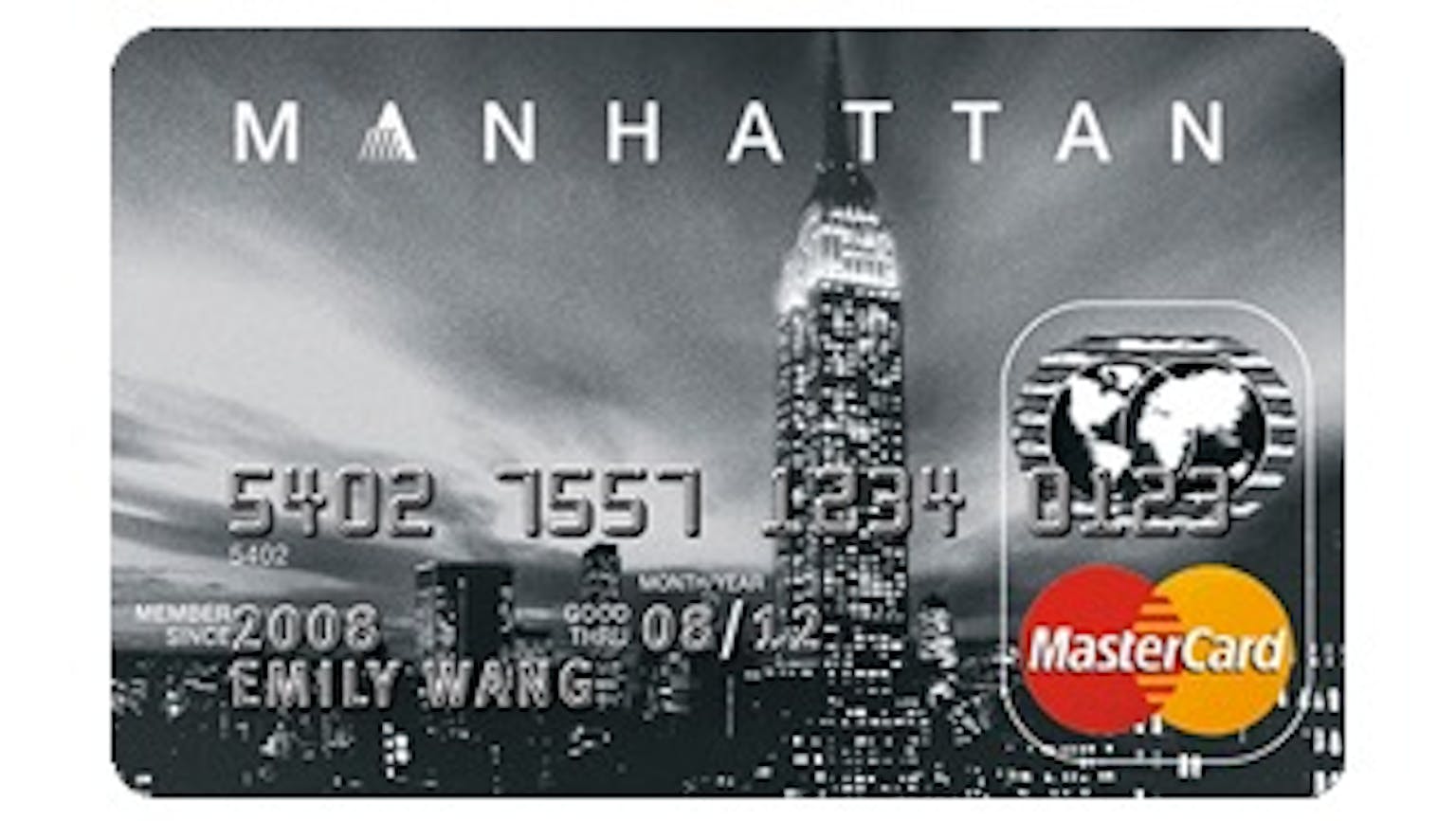
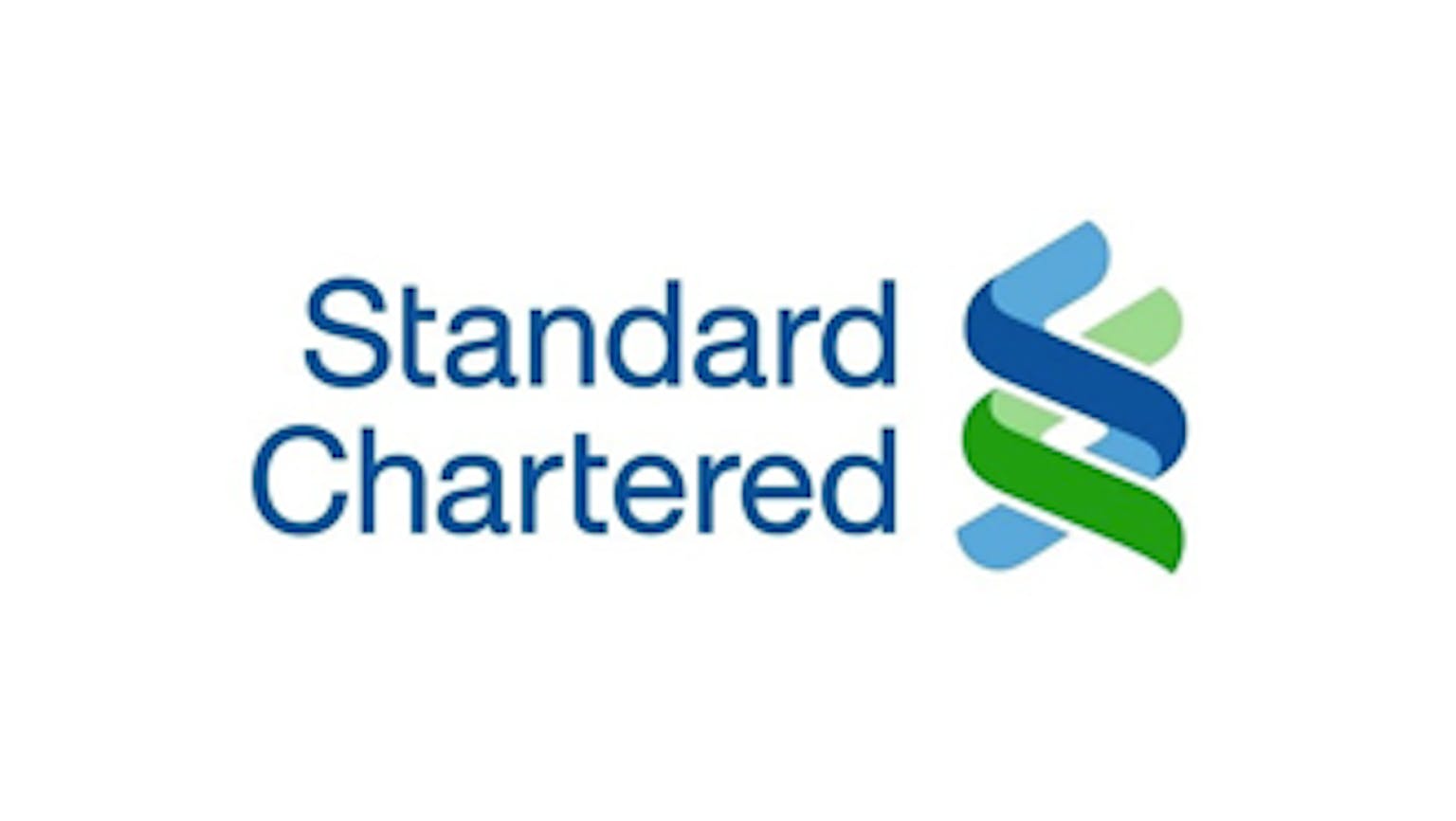
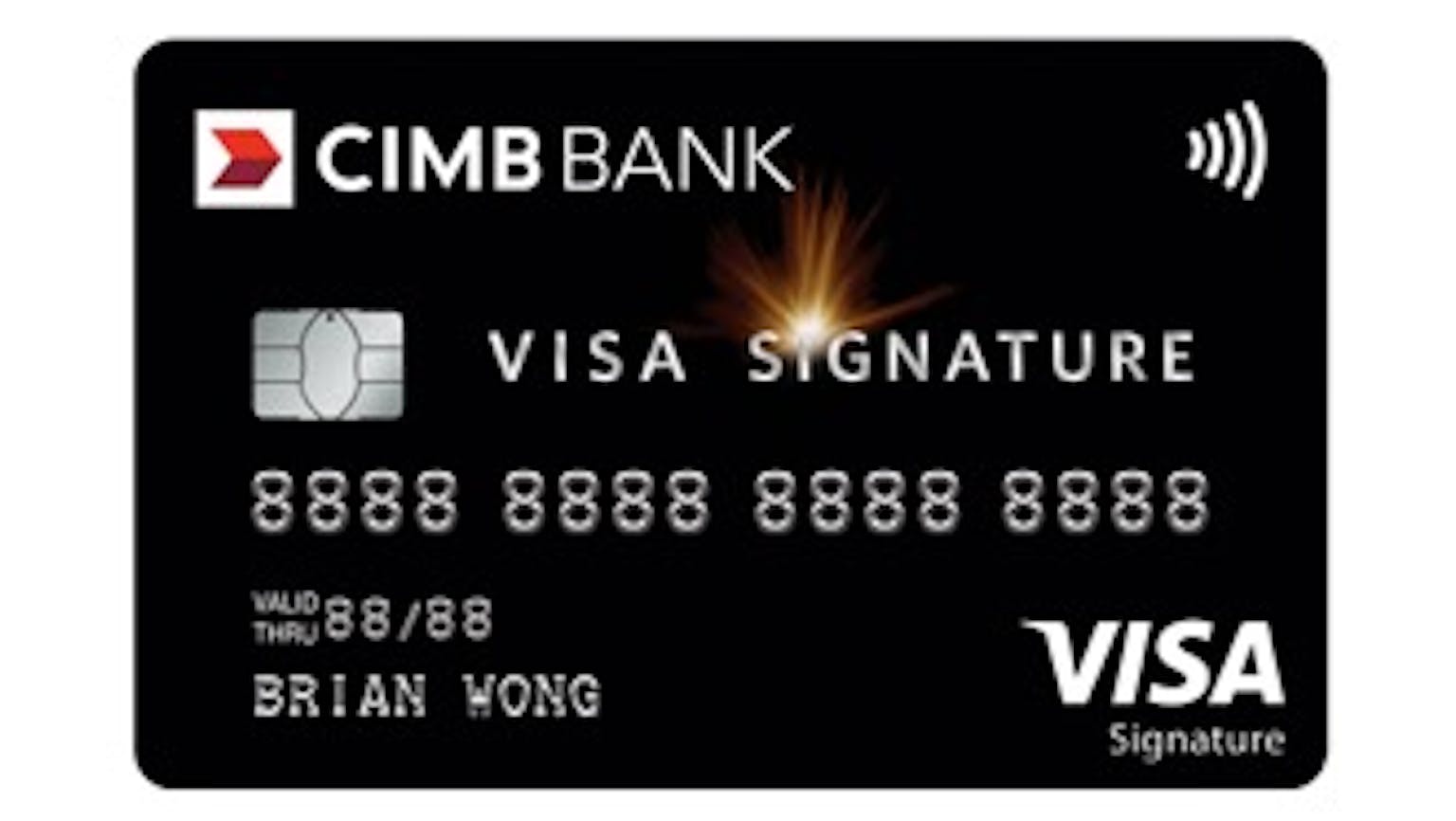
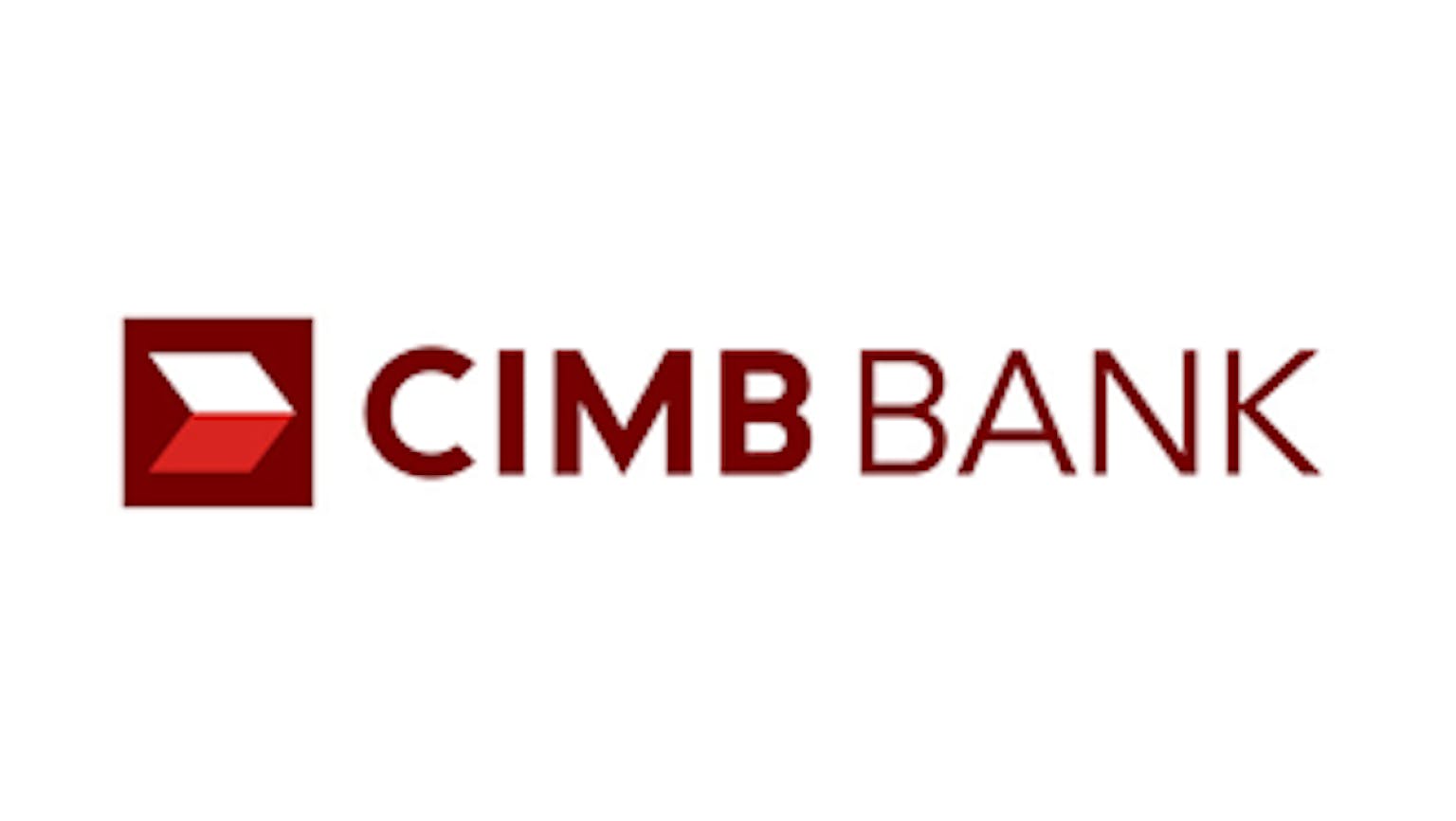
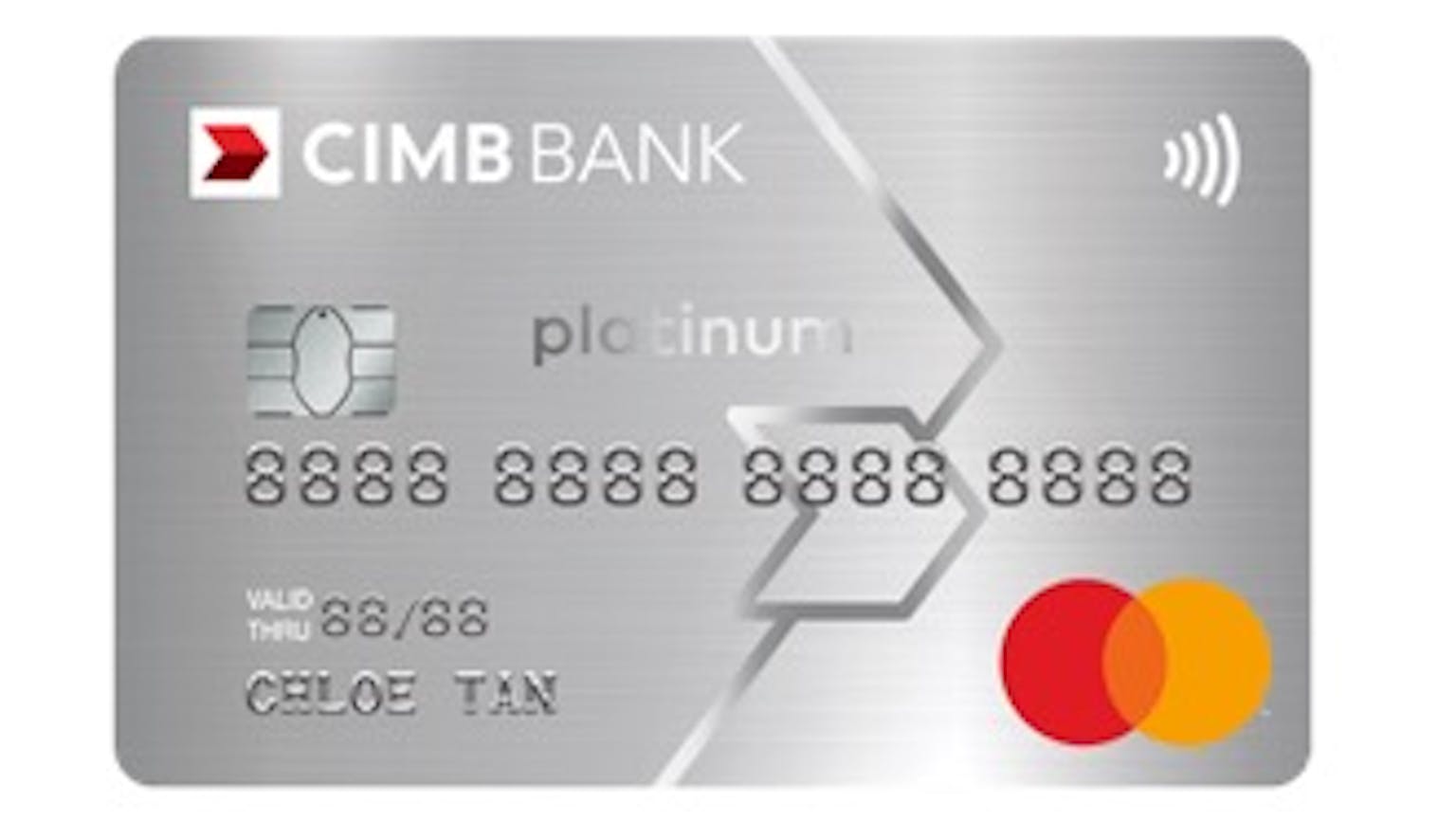
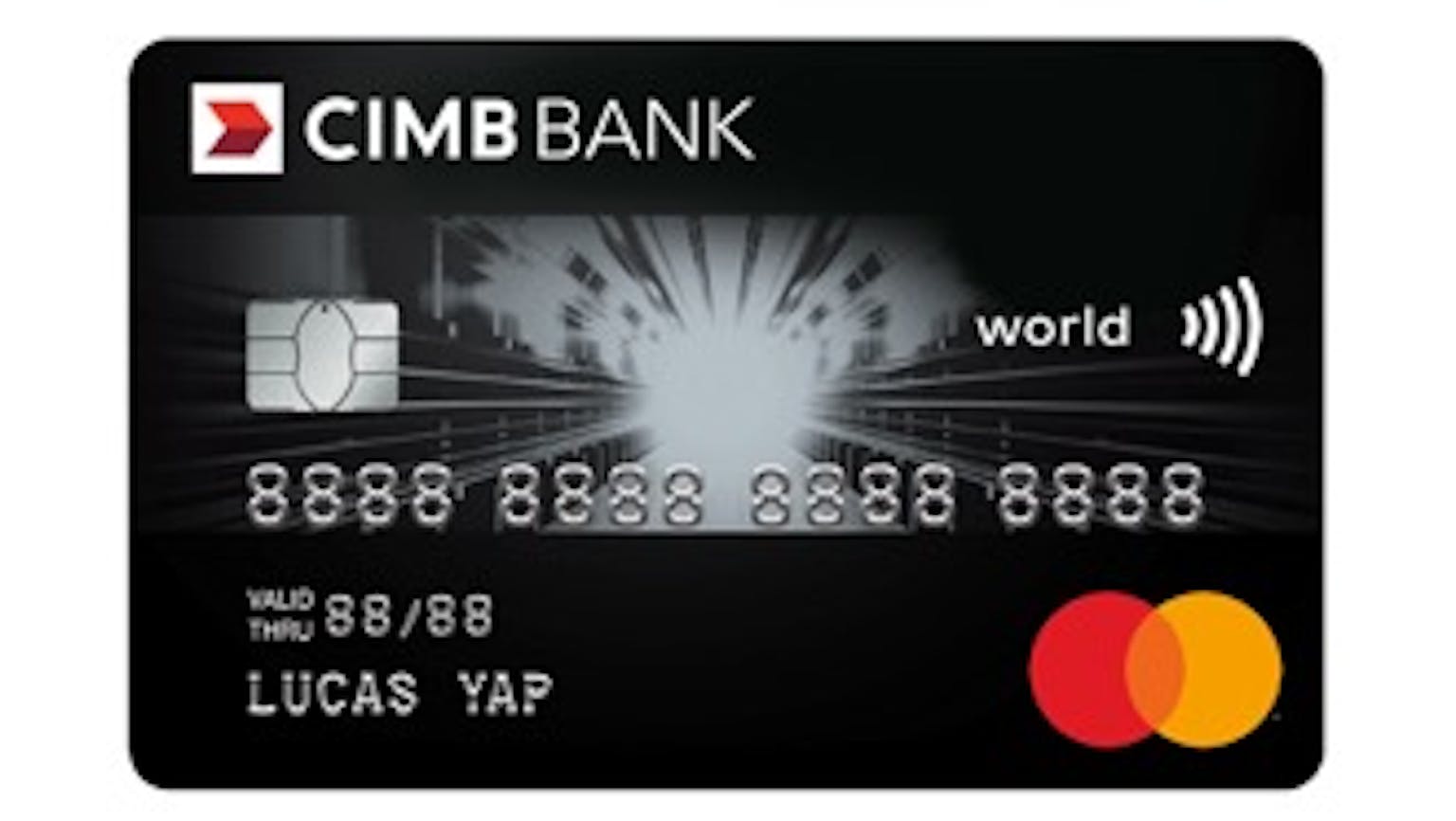
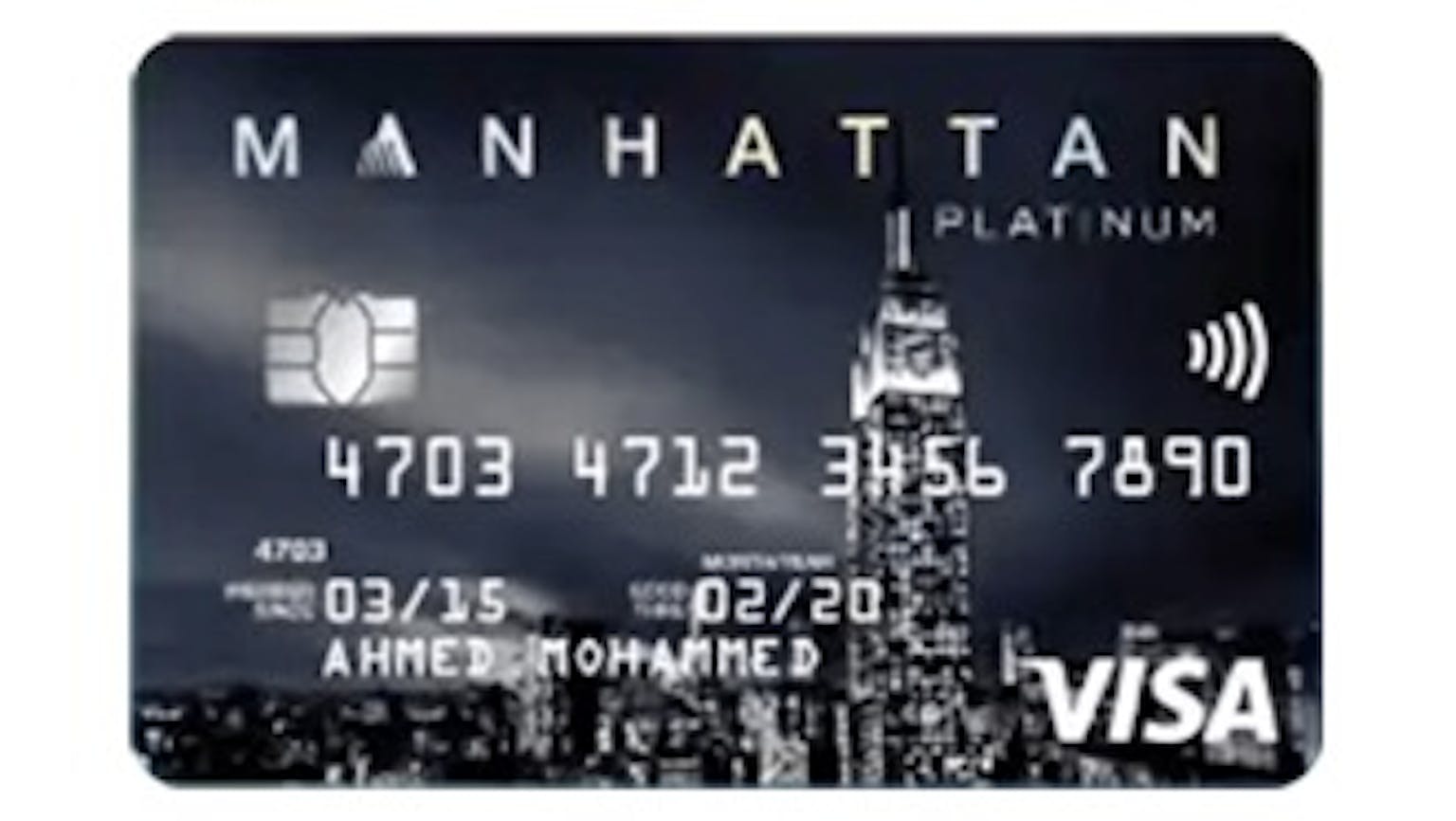
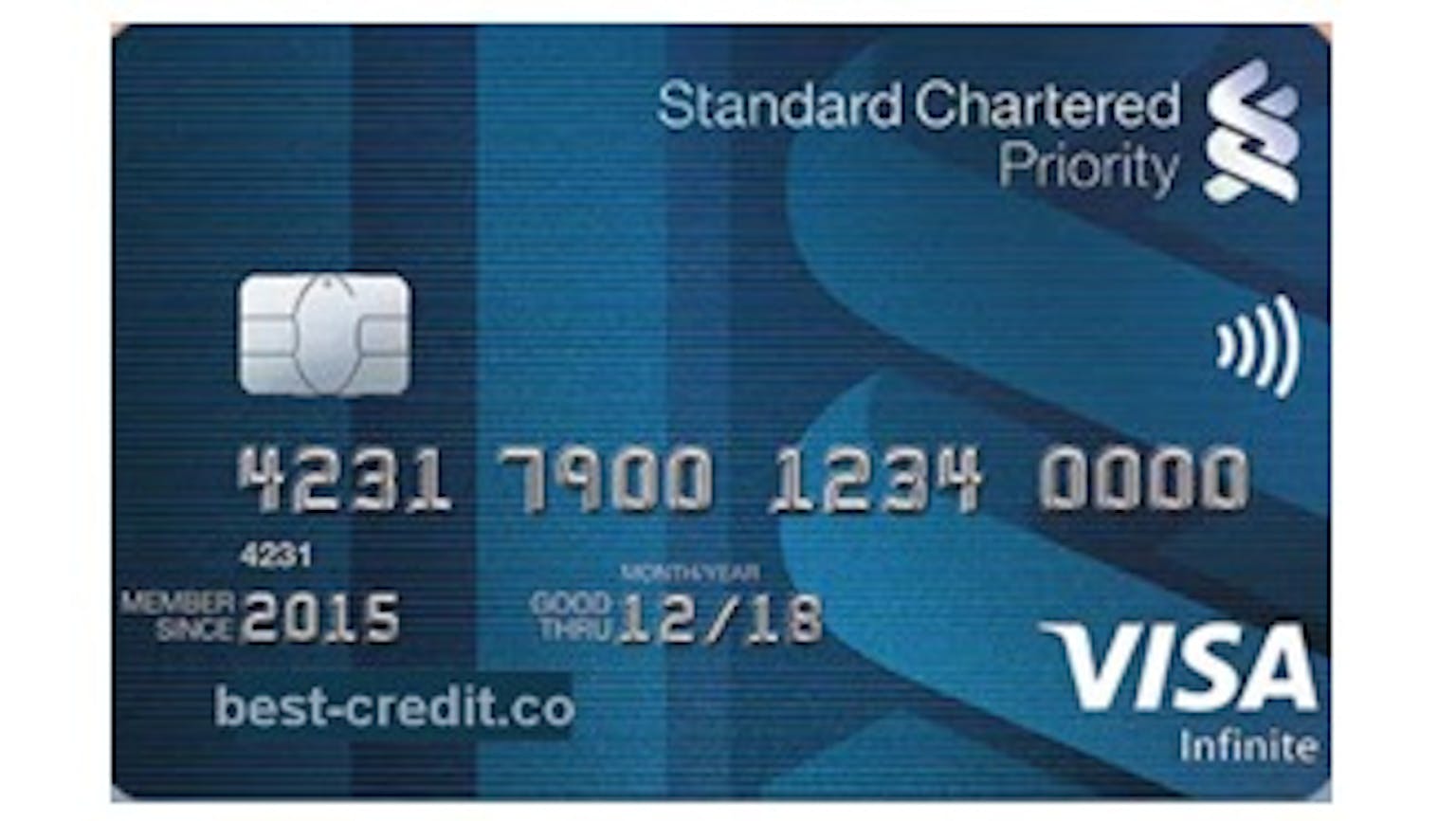

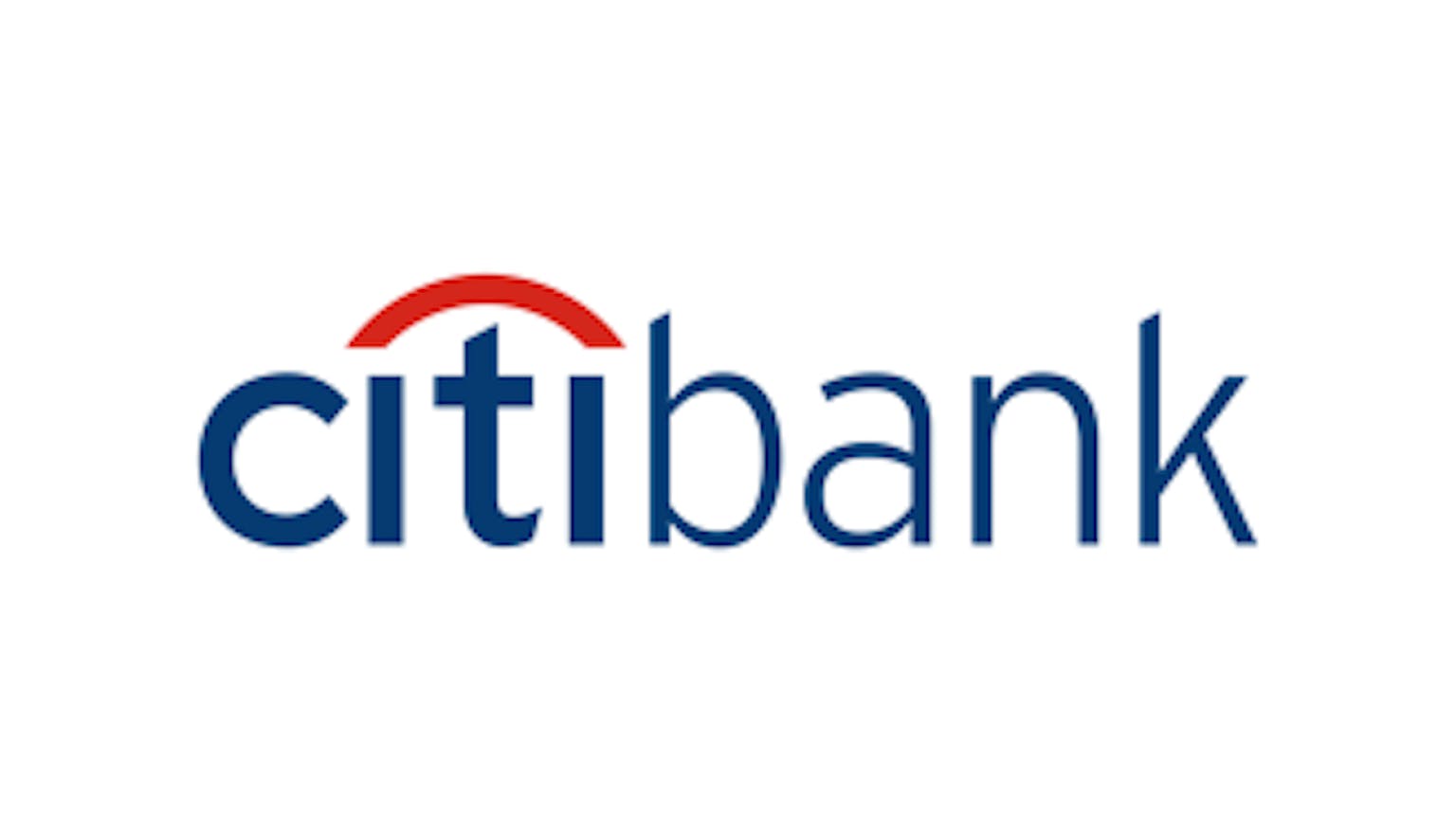
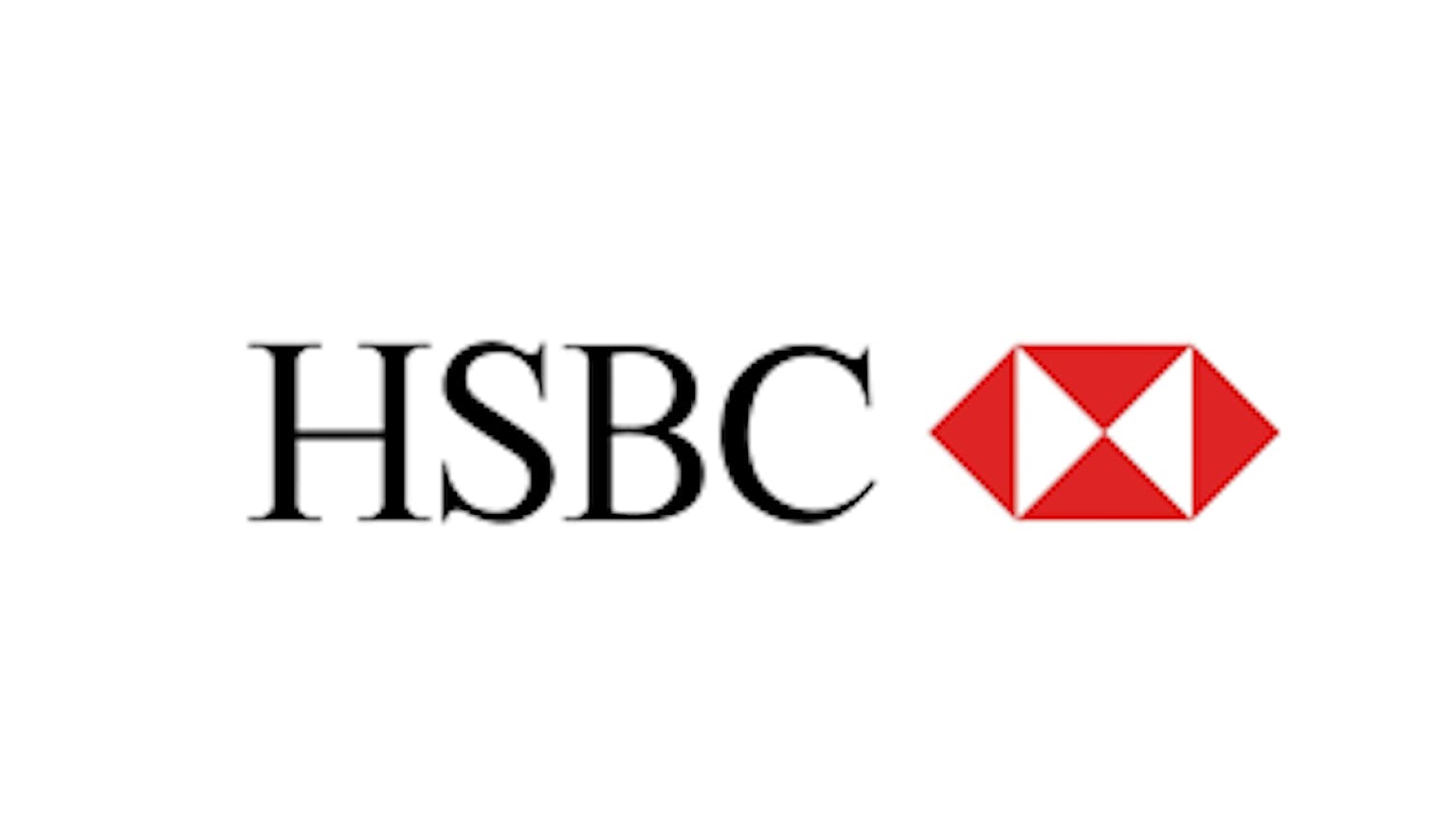
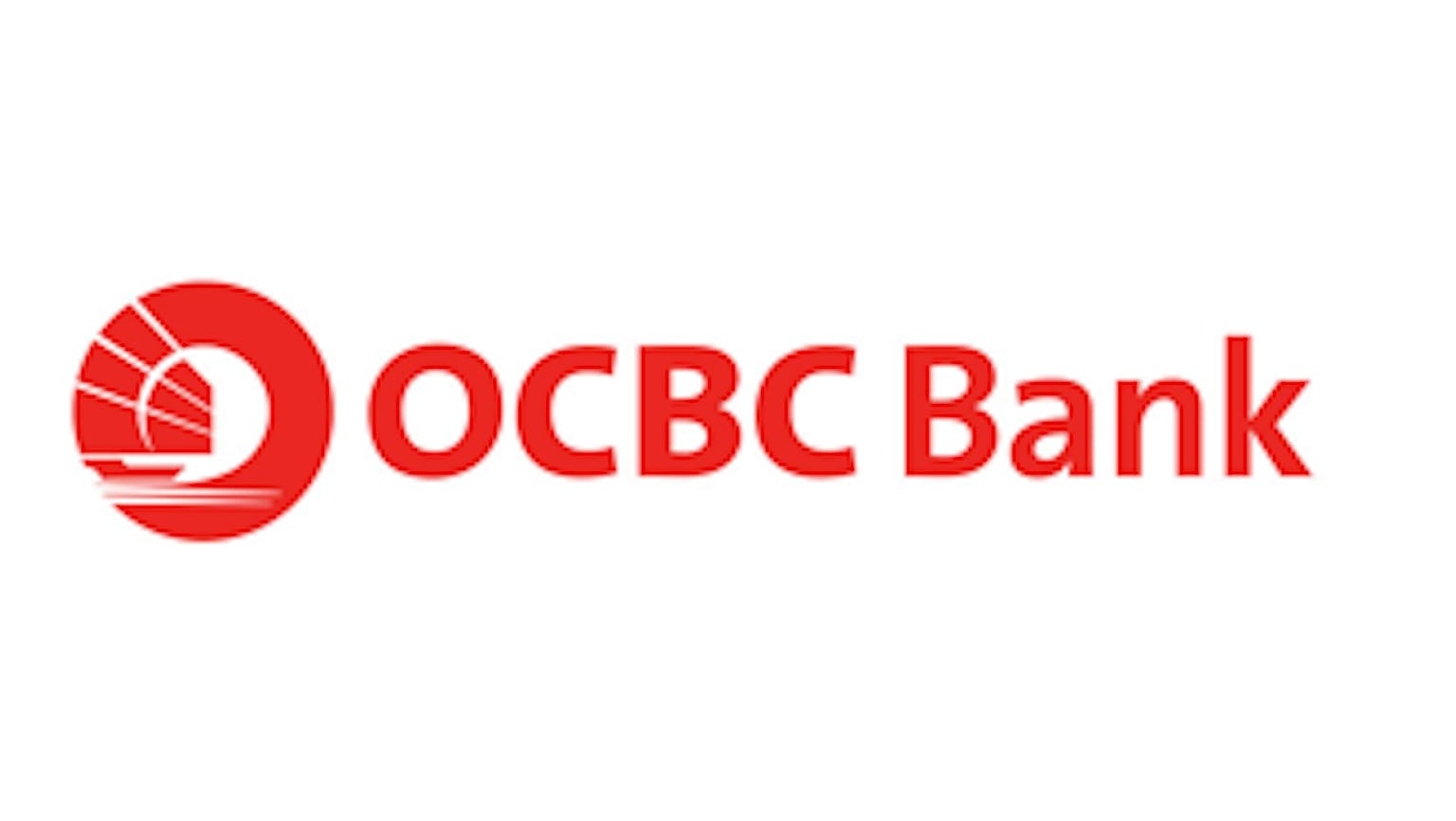
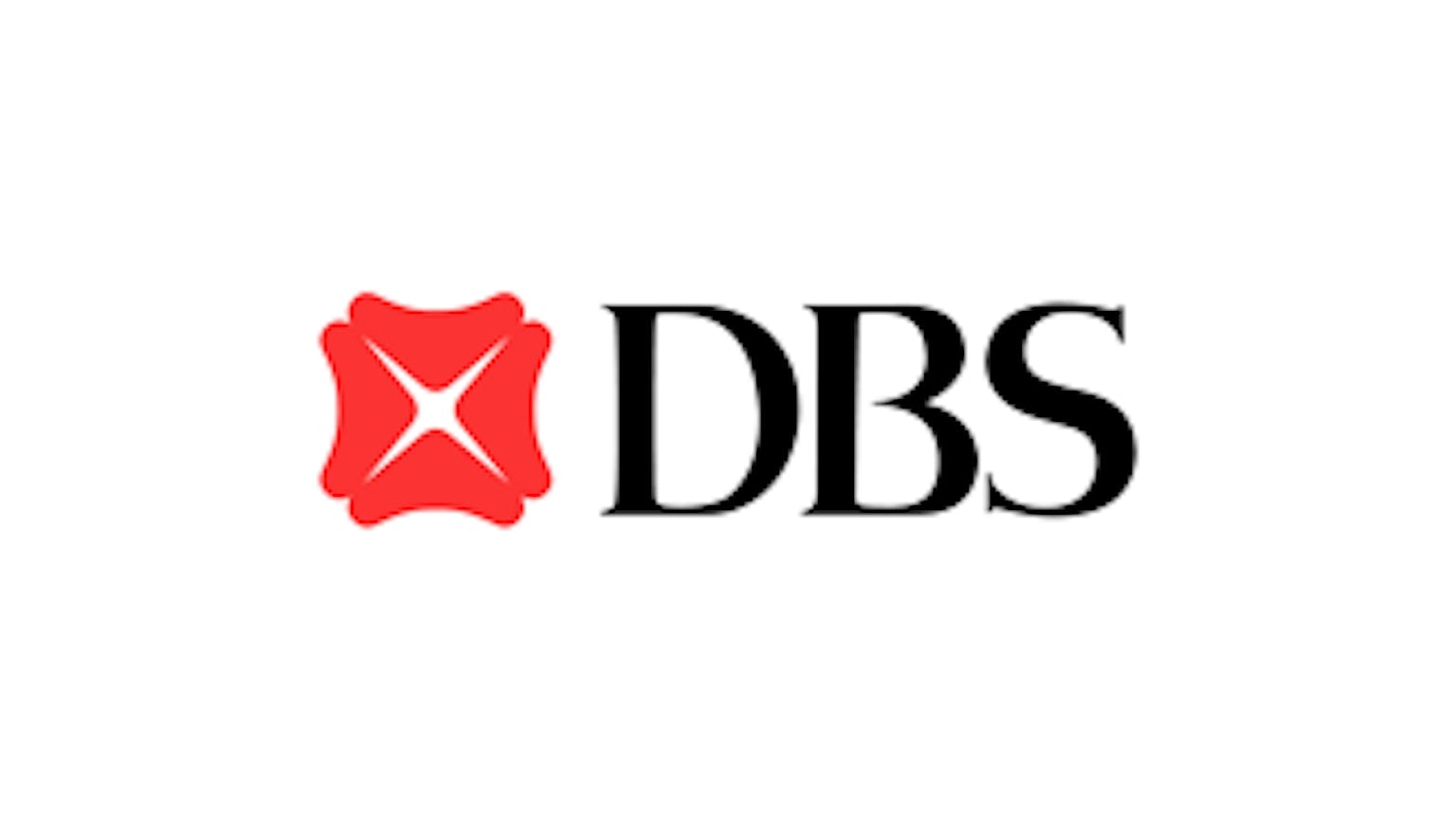

Please leave your knowledge and opinion!